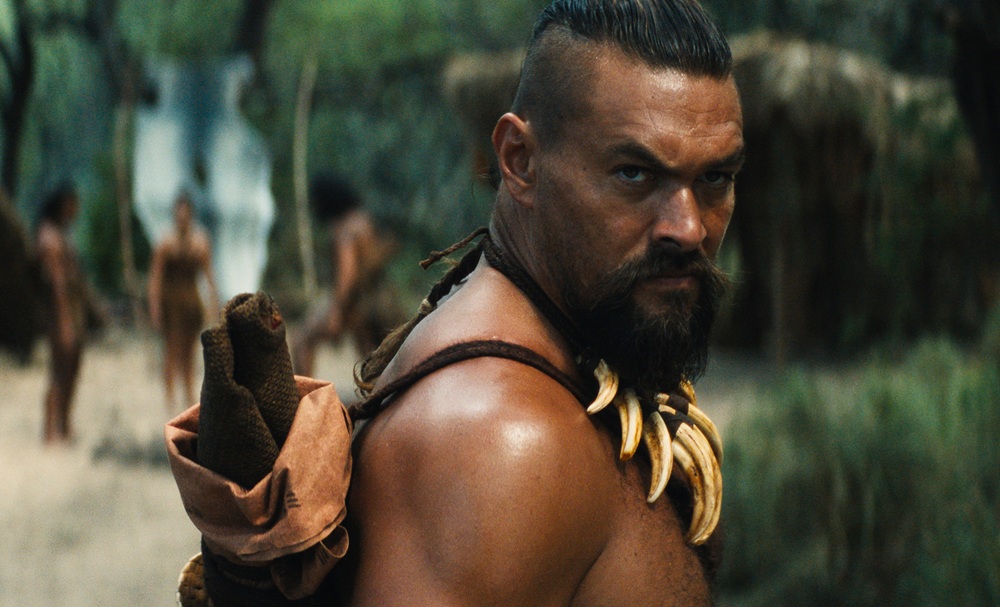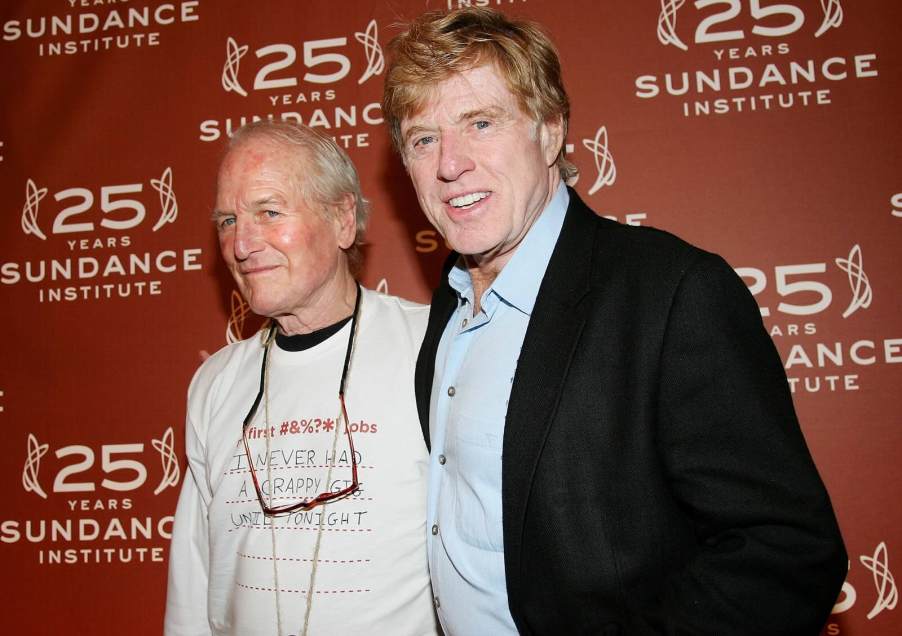
‘Chief of War’ Review: Jason Momoa’s Hawaiian Epic Starts Strong, Then Settles into Familiar Territory
Apple TV+’s latest historical drama, “Chief of War,” launches with all the markings of a deeply personal passion project from Jason Momoa, who not only stars but also helped create, write, and direct the series. Set in 18th-century Hawaii, the show sets out to explore a dramatic and often overlooked chapter in world history — the unification of the Hawaiian islands and the early impact of colonization.
For a few dazzling minutes at the start, it really does feel like something special.
A Promising, Visually Arresting Opening
The show’s opening is breathtaking. The camera skims across crystal-clear Hawaiian waters as a lone catamaran cuts through the sea. Momoa, playing warrior Ka‘iana, towers over the paddlers, exuding power and grace. With only a rope, a splash of kava, and pure muscle, he wrestles a shark out of the ocean.
It’s an elegant sequence — nearly wordless, rich with natural sound, and full of poetic tension. This moment gives a glimpse into what the series could have been: something raw, visually innovative, and culturally immersive.
But Then, It’s Business As Usual
After that electrifying start, “Chief of War” slowly transitions into more standard historical drama territory. Over its nine episodes (the first two of which premiere Friday), the storytelling becomes increasingly predictable. While there are bursts of brutal action and sweeping melodrama, much of the energy flattens under the weight of the show’s serious tone and conventional structure.
There’s no question that this project means a great deal to Momoa and his collaborators, including co-creators Thomas Paʻa Sibbett and Doug Jung. The series deserves praise for its use of the Hawaiian language and commitment to center native Hawaiian voices in a genre that often filters history through outsiders. But in aiming to balance historical reverence with mass appeal, “Chief of War” ends up telling a story that feels more TV-friendly than revolutionary.
History Meets Fiction — with Creative License
Momoa’s character, Ka‘iana, is based on a real Hawaiian nobleman who lived during a turbulent time when each island functioned as its own kingdom. As the series unfolds, Ka‘iana finds himself at the center of conflicts that would eventually lead to the unification of the islands under King Kamehameha I.
The show touches on this pivotal moment in history and includes real people and events. However, it’s clear that timeline shuffles, romantic subplots, and fictionalized character arcs were added to ramp up the drama. There’s a significant amount of historical compression, and not all of it serves the story gracefully.
The show also introduces early colonial forces — here called the “paleskins” — as a looming threat, with their growing presence dramatized to heighten tension. While the show doesn’t ignore the real-world consequences of colonization, it sometimes leans on caricatured villains and simplified plotlines to move things along.
A Missed Opportunity for a Truly Unique Epic
There are certainly high points. The performances are often strong, and the cinematography makes excellent use of Hawaii’s natural beauty. Some of the battle sequences are gritty and effective, and there are flashes of the poetic, elemental storytelling seen in the opening.
But too often, “Chief of War” plays it safe. It never quite escapes the shadow of typical prestige TV — handsome but familiar, weighty but not always compelling.
Given the potential to create something truly singular from such rich cultural material, it’s disappointing that the show ends up feeling more like historical fan fiction than groundbreaking television.
Final Verdict
“Chief of War” had all the right ingredients to stand apart: a rarely explored setting, a powerful lead actor deeply invested in the story, and a fresh cultural perspective. Unfortunately, despite its noble intentions and a few memorable moments, the series ultimately follows too many predictable paths.
It’s worth watching — especially for its cultural significance and rare portrayal of native Hawaiian history — but don’t expect a storytelling revolution.
Rating: ★★★☆☆ (3 out of 5)
Streaming on: Apple TV+
Premiere: First two episodes out now; remaining episodes released weekly
Popular Categories





